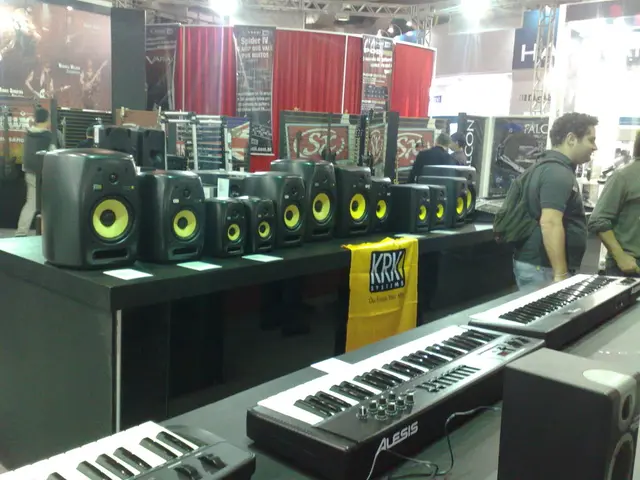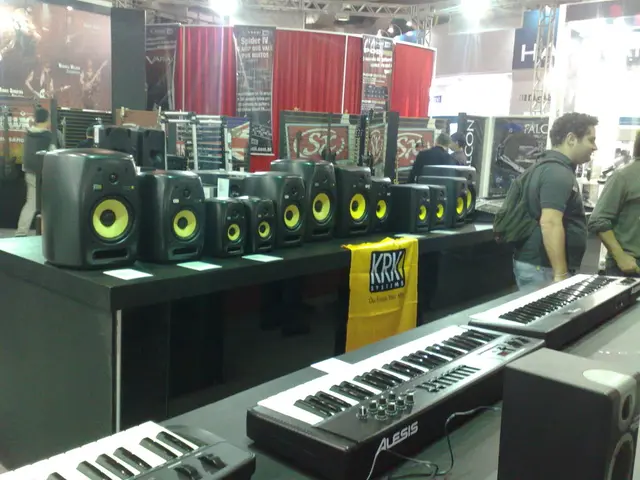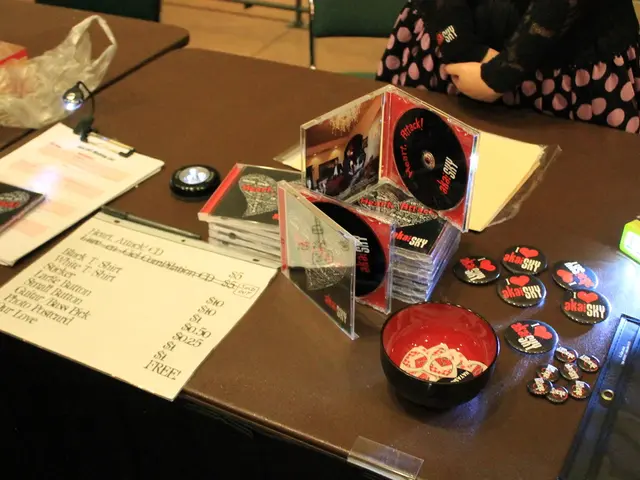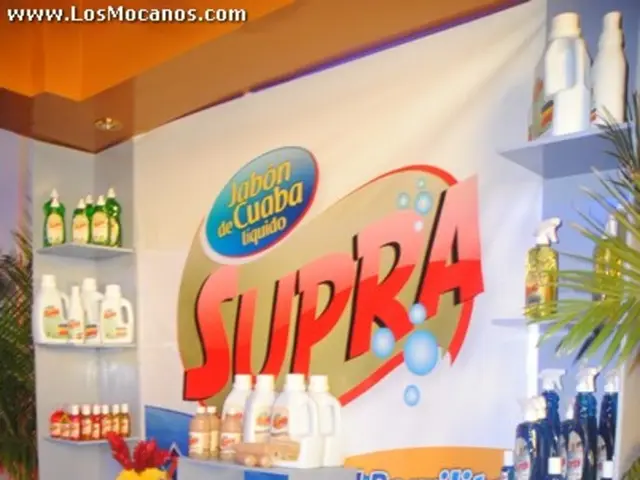Las Vegas hotels reacting to fresh FTC guideline regarding 'hidden charge' regulations
Unraveling the FTC's Crackdown on Hidden FeesThe Lowdown on "Junk Fees" in Short-term Lodging and Live EventsJason Jones, Vegas Today
The Federal Trade Commission's (FTC) new regulation, "The Rule on Unfair or Deceptive Fees," went into effect on May 12th, 2025, shaping up the gaming and hospitality sectors. Despite being only three days old, the rule has already stirred controversy.
Businesses were alerted back in December of the impending changes, which came into force on Monday. The aim of the Rule on Unfair or Deceptive Fees is to establish clear-cut pricing and forbid underhand tactics that trick consumers into paying unforeseen charges, commonly known as "junk fees."
To clarify, the FTC's new rule does not abolish so-called junk fees. Instead, it demands that firms show these fees prominently in advertisements and on websites.
Here's what you need to know:
1. Upfront Disclosure- Businesses are required to disclose the total price, including all mandatory fees, before the consumer reaches the checkout page on their site.- The total price must also be conspicuously displayed in advertisements.- The point here is to stop "drip pricing," where fees are disclosed gradually during checkout, making consumers believe they're paying less than they actually will.
2. Banned Practices- The Rule prohibits deceptive pricing tactics, such as charging hidden "service" or "fulfillment" fees, only revealed at the final checkout stage, or adding unexpected fees during checkout that were not disclosed at the beginning.- The Rule does not outlaw specific fees but insists on truthful and upfront disclosure of all mandatory fees included in the total price.
3. Applicable Businesses- The rule applies strictly to: - Live event ticket sellers, including primary and secondary ticket markets. - Short-term lodging providers such as hotels, motels, vacation rentals, and similar accommodations.- Other industries are not directly covered, but they could face FTC action under broader unfair or deceptive trade practice provisions if they attempt similar deception.
4. Optional Add-Ons- Optional goods or services, like parking or merchandise, do not need to be included in the total price disclosure.- The Rule, however, requires that these optional charges be clearly and conspicuously labeled as such, separate from mandatory fees, to prevent misleading consumers.
5. Presentation Requirements- Price disclosures must be clear and conspicuous, ensuring total prices and fees are easily visible and understandable.- The required total price disclosures must be more noticeable than other price-related information on a website or advertisement to prevent consumers from missing mandatory fees.
Examples of Prohibited Practices- A ticket reseller advertising $50 tickets but only revealing a $20 service fee at the last stage is a no-no.- A short-term rental listing displaying a low nightly rate but failing to disclose mandatory cleaning or resort fees until after booking is a violation.- Advertising a price in search results or advertisements that does not include all mandatory fees is strictly forbidden.
The Bottom LineThe FTC's Rule on Unfair or Deceptive Fees aims to stamp out the practice of concealing mandatory fees in short-term lodging and live event ticketing markets. Companies must prominently display the total cost, including all mandatory fees, at every stage of the purchasing process, including advertising and on websites before checkout. This helps protect consumers from unexpected charges and maintains fair competition amongst businesses by ensuring all fees are transparently disclosed[3][4][5].
This rule is part of a nationwide movement against "junk fees" and "drip pricing," mirroring measures enacted in California and other states. The FTC continues to enforce fair pricing practices even beyond these two sectors[4].
In the wake of the FTC's new regulation, businesses operating casino-and-gambling establishments in Las Vegas, especially those offering casino-games, are reevaluating their pricing strategies as the Rule on Unfair or Deceptive Fees affects more than just short-term lodging and live events. Compliance with the rule requires casino-culture businesses to adapt their advertising and website practices to transparently disclose total prices, including all mandatory fees, before the consumer reaches the checkout page, thereby avoiding hidden fees and promoting a fair gaming environment.







